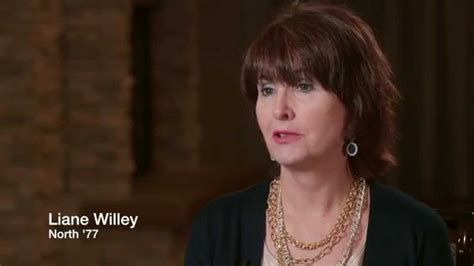A Quote by Donald A. Norman
The major problems facing the development of products that are safer, less prone to error, and easier to use and understand are not technological: they are social and organizational.
Related Quotes
Until society can be reclaimed by an undivided humanity that will use its collective wisdom, cultural achievements, technological innovations, scientific knowledge, and innate creativity for its own benefit and for that of the natural world, all ecological problems will have their roots in social problems.
We are one human race, and there must be understanding among all men. For those who look at the problems of today, my big hope is that they understand. That they understand that the population is quite big enough, that they must be informed that they must have economic development, that they must have social development, and must be integrated into all parts of the world.
Don't wish it was easier, wish you were better. Don't wish for less problems, wish for more skills. Don't wish for less challenges, wish for more wisdom. The major value in life is not what you get. The major value in life is what you become. Success is not to be pursued; it is to be attracted by the person you become.
The widespread inability to understand technological artifacts as fabricated entities, as social and cultural phenomena, derives from the fact that in retrospect only those technologies that prove functional for a culture and can be integrated into everyday life are 'left over.' However, the perception of what is functional, successful and useful is itself the product of social and cultural--and last but not least--political and economic processes. Selection processes and abandoned products and product forms are usually not discussed.
Television screens saturated with commercials promote the utopian and childish idea that all problems have fast, simple, and technological solutions. You must banish from your mind the naive but commonplace notion that commercials are about products. They are about products in the same sense that the story of Jonah is about the anatomy of whales.



































